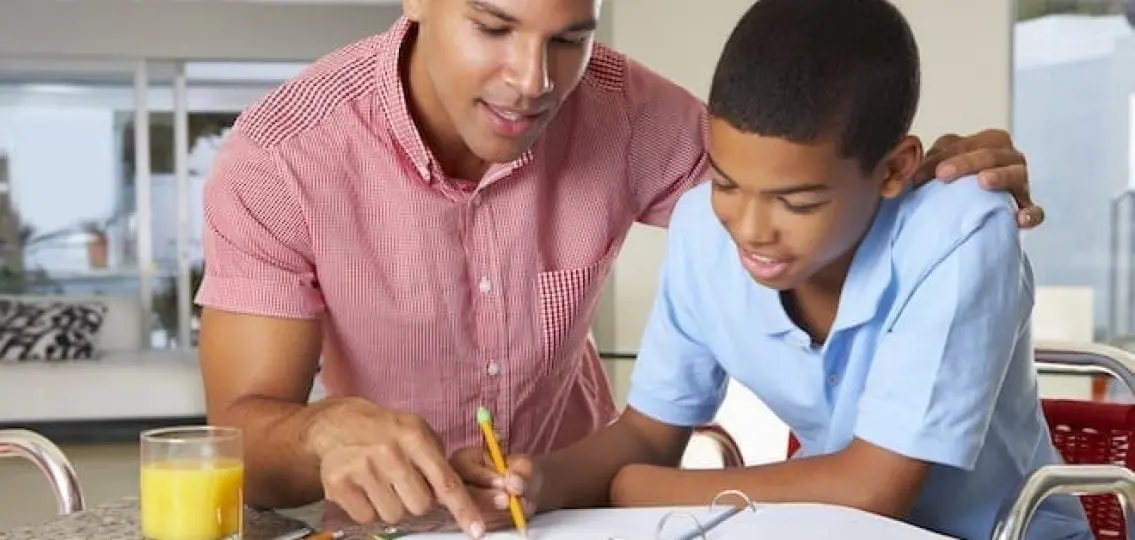I’ve read many articles recently about snowplow parents who try to remove as many obstacles as possible from their children’s lives to prevent them from experiencing failure or disappointment. I’ve also had numerous conversations with college professors whose students’ parents contact them to discuss grades and assignments. A friend who teaches medical school even has parents—whose children are full-fledged adults at this point—reach out to him to argue about grades.

I understand the desire to help a kid succeed. I have dropped off a forgotten poster because I was driving by the school anyway. And I check grades when I remember. I regularly ask my kids if they have done their homework or whether they are struggling in any classes. I’m happy to provide feedback on a paper or help them prepare for a test. But my hands-on academic support services end with homework in middle school.
Why I’m Hands Off When My Kids Start Middle School:
1. There are too many teachers and assignments to keep track of.
When my kids start middle school, they no longer have just one or two teachers. They have up to ten. I’m already overwhelmed by the number of details I have to manage, from my own writing assignments to weekly menus and grocery lists to kids’ activity schedules. I cannot keep track of assignments and homework for that many teachers—especially for more than one kid. I can check grades in one central location, so that’s what I do.
2. My kids need to learn how to manage homework in their own schedules.
This is one instance when my lack of time might be a good thing. Kids need to learn at some point how to manage their time and take care of what needs to get done. If I do that for them in middle school, I am prolonging the inevitable and forcing them to learn at a time when their mistakes will have greater impact.
3. My kids need to learn how to talk to adults sooner rather than later.
If one of my kids has an issue with a teacher, perhaps an assignment they need to make up or help they need on a test, they can use this time to “rehearse” talking to adults. The longer they postpone having important conversations with adults, the more overwhelming it might seem later.
4. The stakes are still low.
In middle school, the expectations and pressures are still relatively low. Unless they are taking a class for high school credit, my kids’ grades will not have any impact whatsoever on their college applications. Their middle school grades may come into play if they apply to a governor’s school or specialty center for high school, but my experience is that students quickly learn the consequences of not studying, not doing homework, or not turning in an assignment on time. I would much rather my kid learn that lesson early, when they are able to adapt.
5. They learn how to fail.
Failure is a normal part of life and growth. Prolonging a kid’s experience with failure makes failing seem so much more overwhelming and terrible than it has to be. Making mistakes and experiencing failure when the stakes are still low teaches kids how to do plan for success and how to push themselves outside their comfort zone.
6. I don’t want to nag my kids through high school.
In high school, the stakes rise considerably. Every grade matters when students are getting ready to apply to college. If my kids have taken over managing their time and homework in middle school, they will already know how to navigate high school. If they didn’t have that practice, I would have to nag them incessantly—and I don’t want to nag.

Taking a few steps back during the middle school years has worked well for my kids. They have the opportunity to learn how to manage their academic lives—and learn how to recover from their mistakes—which will make them better prepared for the rigors of high school. That not only makes life a little easier for all of us, it means I can save my energy and influence to guide them on other important issues.




